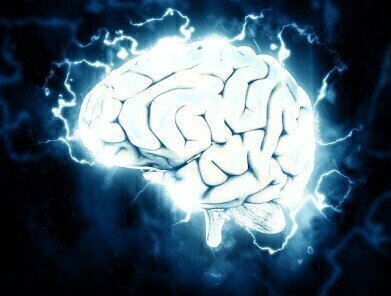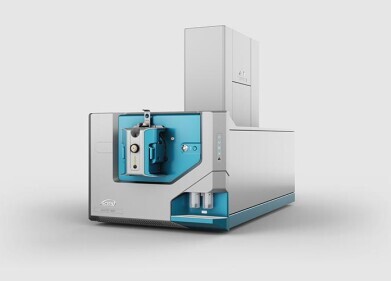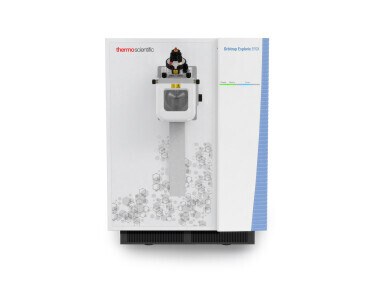Mass spectrometry & spectroscopy
How Does LSD Affect the Brain?
Feb 22 2019
Since its popularity surge in the 1960s, LSD has been a common drug of choice for people that want to experience an altered state of consciousness. The hallucinogen has a number of effects, including increased excitement, a sense of panic, confusion and high energy, all differing depending on the user. But how exactly does the drug work? And what does it do to the user’s brain? Read on as we look at the latest research.
Feeds off your imagination
A recent study asked a group of 25 healthy volunteers to take a ‘trip’ on LSD to help researchers discover how the drug affects brain activity. The participants were scanned while under the influence of LSD and also after taking a placebo to monitor their brain activity.
The aim of the study was to test a decade-old hypothesis that LSD causes the thalamus, a kind of neural gatekeeper, to stop processing and filtering information that it passes on to other areas of the brain. It is suggested that the breakdown of this filter creates the weird, unique and hallucinogenic effects of the drug.
Katrin Preller, a researcher from the University Hospital for Psychiatry in Zurich, believes that “the world around us is not the world we perceive because the thalamus filters out what it considers to be irrelevant information… We don’t necessarily perceive all there is because that would be an overload of information”.
Study findings
The scans revealed that there may be some truth to the original hypothesis. When under the influence of LSD, thalamus let more information pass through to other parts of the brain and withheld information from others. However, the study doesn’t reveal why an altered the flow of information could cause certain sensations associated with LSD.
That’s where previous research can offer some insight. For instance, the posterior cingulate cortex is thought to influence our sense of self. Overloading it or starving it of information may lead to altered self-awareness and self-image.
Medical uses of LSD?
This study could prove highly useful in understanding the full effects of taking LSD. Although the recreational use of the drug has been banned in the majority of countries around the world, some scientists now believe it could be beneficial in fighting depression and other mental health disorders.
“We are getting nearer to understanding the complexity of what happens with LSD in the brain and that is particularly important if we are to develop new medicines,” says Preller. For now, there is much more research to be done into the impacts of LSD on our mental health and whether it could pose a solution to some mental disorders.
Drugs are just one of the examples discussed in the article ‘Determining Hazardous Substances at Arm’s Length’, which explores the importance of identifying unknown substances.
Digital Edition
Lab Asia Dec 2025
December 2025
Chromatography Articles- Cutting-edge sample preparation tools help laboratories to stay ahead of the curveMass Spectrometry & Spectroscopy Articles- Unlocking the complexity of metabolomics: Pushi...
View all digital editions
Events
Jan 21 2026 Tokyo, Japan
Jan 28 2026 Tokyo, Japan
Jan 29 2026 New Delhi, India
Feb 07 2026 Boston, MA, USA
Asia Pharma Expo/Asia Lab Expo
Feb 12 2026 Dhaka, Bangladesh



















